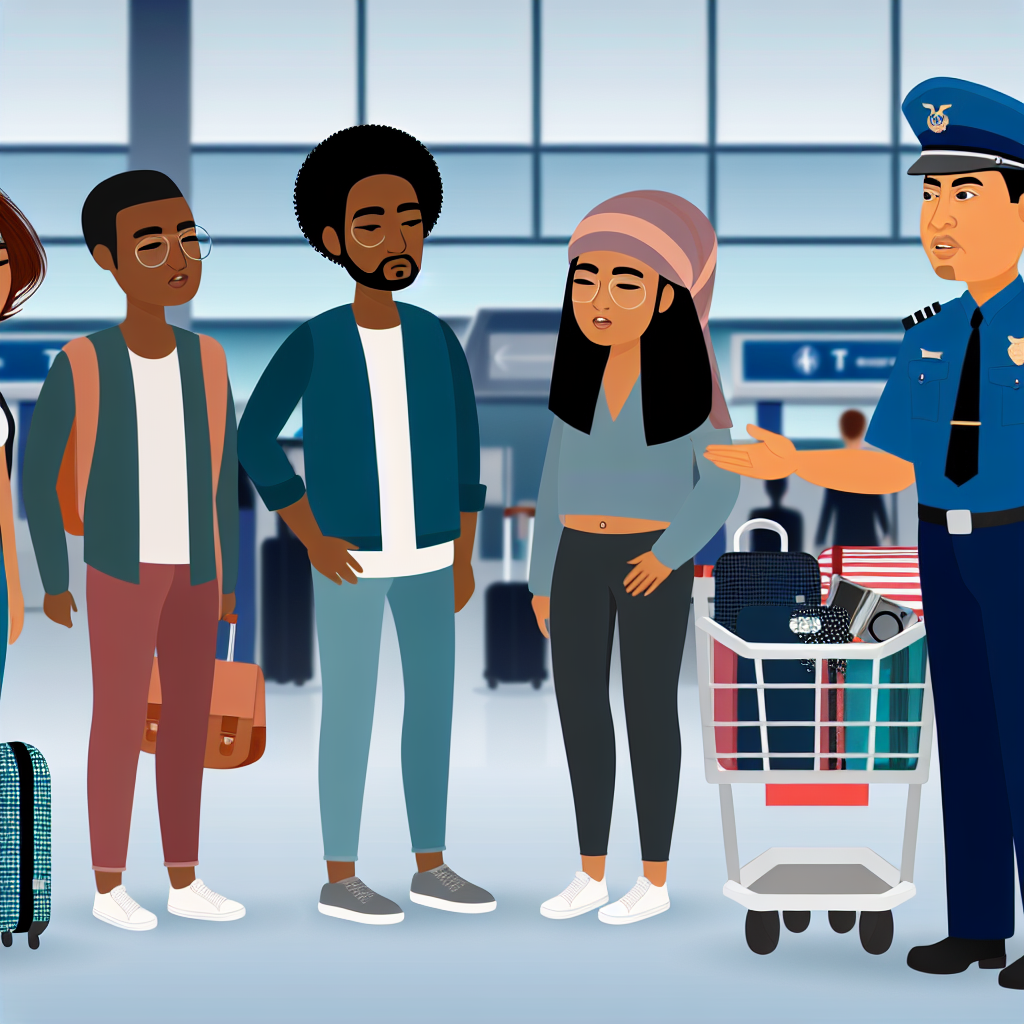Travel Security: Personal Protection Training for Young Jet-Setters
Introduction
For affluent families, international travel is often a regular and enriching part of life. However, these elevated experiences come with heightened security concerns, especially when traveling with children. Traveling with high-profile individuals creates vulnerabilities, from petty crimes to more serious concerns such as targeted abductions, scams, or emergencies in unfamiliar territories. While family security teams can mitigate risks, empowering children with personal protection training gives them an extra layer of confidence, awareness, and preparedness.
In today’s world, teaching children how to recognize and avoid threats should be a fundamental part of their upbringing. Personal protection training for young jet-setters doesn’t equate to instilling fear; rather, it’s about equipping them with essential life skills to navigate international environments safely. Tailored programs designed for privileged families focus on non-invasive, age-appropriate techniques, including situational awareness, response strategies, and even self-defense measures when necessary.
The Science and Strategy Behind Personal Protection Training
Research in child psychology and security studies supports the effectiveness of early safety education in helping children build strong survival instincts. According to the National Center for Missing & Exploited Children (NCMEC), teaching children proactive safety measures significantly reduces their vulnerability in dangerous situations. Furthermore, child development experts highlight that young minds retain self-defense and crisis management training better when exposed to it early. The American Psychological Association (APA) has documented that experiential learning enhances memory retention and improves real-world response times in high-pressure scenarios.
Security experts have designed programs tailored for high-net-worth families, teaching children a variety of crucial skills, such as:
Situational Awareness: Spotting Danger Before It Happens
Teaching children to recognize potential threats, identify exits and safe areas, and avoid over-sharing personal details while traveling is a key component of their safety.
Setting Strong Personal Boundaries
Children learn the importance of personal space, ways to recognize inappropriate adult behavior, and how to remove themselves from uncomfortable or unsafe situations.
Escape and Evasion: Self-Defense for Travel Safety
Programs include basic self-defense moves designed to help children resist abduction attempts, along with methods for seeking help in unfamiliar locations.
Cybersecurity Training for the Digital Age
In today’s hyper-connected world, traveling children must understand the importance of private browsing, avoid social media geotagging, and recognize phishing attempts to prevent cyber threats.
Psychological Preparedness: Confidence Through Knowledge
Medical professionals emphasize that psychological readiness is just as important as physical security training. Dr. Gene Beresin, Executive Director of The Clay Center for Young Healthy Minds at Massachusetts General Hospital, explains that teaching security skills in a relaxed, informative manner reduces fear and enhances preparedness rather than inducing paranoia.
He stresses that confidence stems from knowledge—when children understand security measures, they naturally feel more assured in their environment. This knowledge allows them to navigate the world with independence while remaining aware of potential risks.
Elite programs, such as Select International Security and Krav Maga Worldwide, offer specialized training camps for children from high-profile families. Through controlled simulations, children participate in real-life scenarios, learning security techniques in a safe yet impactful environment.
Conclusion: A Vital Investment in a Young Jet-Setter’s Safety
As global travel continues to be a hallmark of luxury family life, integrating personal protection training into a child’s upbringing is a vital investment. By instilling awareness, confidence, and crisis-management skills, parents can ensure their children not only feel secure but possess the intelligence to handle unfamiliar or challenging situations independently.
In today’s ever-changing world, security is no longer solely the responsibility of professional teams—it’s an essential life skill that every global child should master. By addressing physical safety, digital responsibility, and psychological resilience, personal protection training empowers young travelers to fully enjoy their experiences without unnecessary risks.
Summary:
Personal protection training for young jet-setters from affluent families provides an extra layer of confidence, awareness, and preparedness when traveling internationally. Through tailored programs focused on situational awareness, personal boundaries, self-defense, and cybersecurity, children develop essential life skills to navigate global environments safely. This vital investment in a child’s upbringing empowers them to travel independently while remaining secure.

Dominic E. is a passionate filmmaker navigating the exciting intersection of art and science. By day, he delves into the complexities of the human body as a full-time medical writer, meticulously translating intricate medical concepts into accessible and engaging narratives. By night, he explores the boundless realm of cinematic storytelling, crafting narratives that evoke emotion and challenge perspectives. Film Student and Full-time Medical Writer for ContentVendor.com



